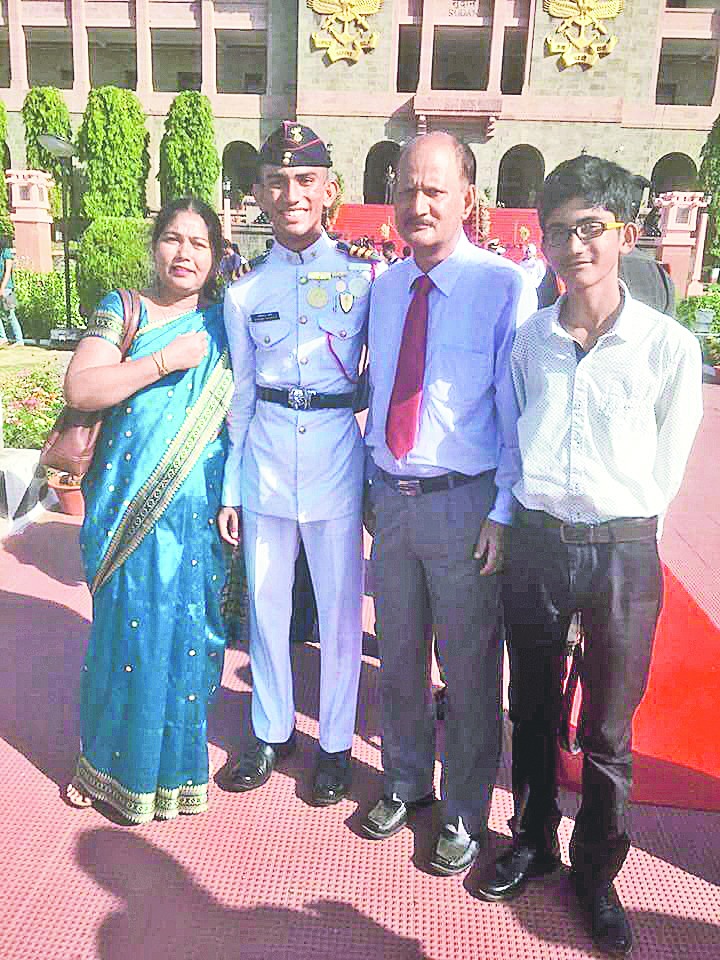
Jorhat, Oct. 14: Lachon Dhunaguri on Majuli island achieved a unique feat yesterday when it became "avoidable blindness-free" - the first such village in Upper Assam.
Avoidable blindness is blindness resulting from a number of ailments that can be cured by medical intervention. In the other kind of blindness, eyesight cannot be restored.
A tiny and remote hamlet located in the northeastern tip of Majuli island under Luhitparia gaon panchayat, Lachon Dhunaguri has a population of 569.
The eyesight restoration initiative was taken by Jorhat-based Phanidhar Bordoloi Memorial Trust (with its own funding). It got technical support from Canada-based NGO Operation Eyesight Universal and medical support from Chandraprabha Eye Hospital here.
Yesterday, Majuli sub-divisional officer (civil) Ghanshyam Dass declared the village "avoidable blindness-free" in the presence of Jorhat assistant commissioner M.S. Lakshmi Priya, Narayan Bordoloi, managing trustee of Phanidhar Bordoloi Memorial Trust, and Anup Zimba, senior project coordinator of the NGO.
Bordoloi is an ophthalmologist and the medical director of the hospital.
He explained general blindness as per the WHO definition: that of a person failing to see the fingers of another person with at least one of his/her eyes at a distance of three metres.
Bordoloi said the trust, with support from the NGO and the hospital since 2012, under a five-year project, has been providing free eye care in Majuli as per requirement of the patients, be it medicines, lens and conducting surgeries by bringing patients to the hospital here completely free.
He said a permanent eye-care centre was opened after a survey by health workers. Weekly screening camps were also held in different areas of Majuli.
Bordoloi said World Vision 2020 - the umbrella organisation of all eye-care institutes and organisations in India - earlier approved its proposal to make a village blindness-free, the trust, along with its ongoing project, started work in Lachon Dhunaguri two months back.
He said nine blind persons (two with complete blindness) among the villagers were detected suffering from cataract, and all except one, who died before surgery could be done, have regained their sight.
Bordoloi said altogether surgery on 22 patients suffering from different eye ailments were conducted and many others were provided lens and medicines. He said the trust plans to achieve the same feat in other villages.
Dipali Gum lost her eyesight 10 years ago. She said over phone that she was "very happy" to regain her eyesight and could stitch clothes now. She thanked the trust.
Dass, too, appreciated the trust's initiative.










